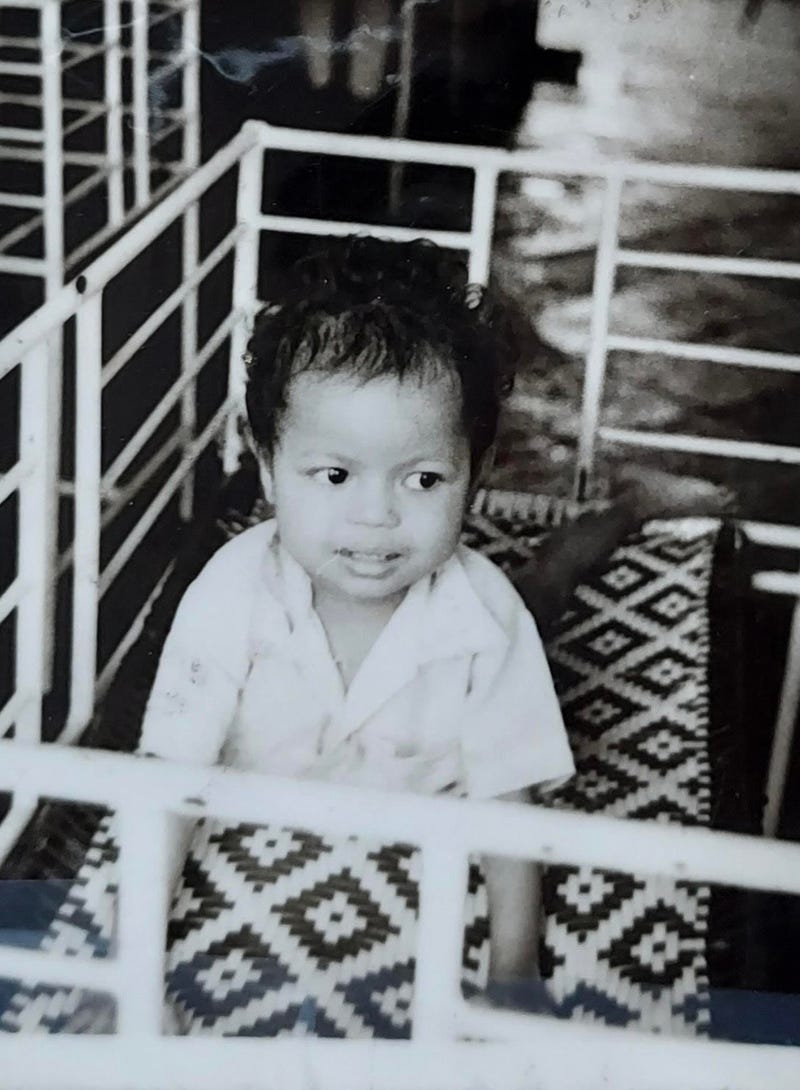
Saran Bynum can’t remember being among the estimated 3,300 infants and children who were evacuated from the south Vietnamese capitol of Saigon during “Operation Babylift” in 1975.
At that time, she was only 3 years old and an orphan. A child of Vietnamese and African American heritage born in Vietnam during the Vietnam War; it was a complex existence before she could comprehend what that even meant.
“I have some paperwork from the Daughters of Charity. I don’t know their name previously, but a lot of the nuns were sent to Vietnam to help take care of the children. So, on the paperwork, they said I was abandoned by an unknown mother. Some stranger came and found me and brought me to the An Phong orphanage,” Bynum told me.
The orphanage was in Vung Tau, about 60 miles southeast of what was once Saigon. On April 3, 1975, then U.S. President Gerald Ford announced a plan to airlift orphans out of Saigon before the impending take over by Viet Cong forces. The children would be taken to the U.S. and other western countries. Operation Babylift began the next day, but the initial mission flight ended in a deadly disaster. The C-5A Galaxy crashed shortly after take-off. 78 children and 35 officials affiliated with the operation were killed. 176 people survived. Operation Baby Lift proceeded. Thousands of children of Vietnamese and other heritages would be relocated across the world.
Saran was eventually adopted by a husband and wife in New Orleans. Saigon fell to the Viet Cong on April 30th, 1975. The Vietnam War was over, but Saran’s search for her biological family and identity had yet to begin.
In her early years in New Orleans, Saran was unaware of her Vietnamese heritage, but she had a feeling she didn’t quite fit in. As she matured, Bynum learned of her adoption. She was able to find out that her biological father was a black U.S. soldier. Her Vietnamese mother had given her up. As the 48th anniversary of the Fall of Saigon approaches, I sat down with Saran to learn more about her search for the mother she never knew and the search for inner peace decades after the fighting ceased. Listen our conversation here.

